Why VBAC?
Vaginal Birth After Cesarean. Why VBAC? This past week, I had the privilege to support not one, but 2 VBAC’s just hours apart. AT THE SAME HOSPITAL. And one that I usually don’t usually have a lot of opportunity with VBAC at. What a great experience.
VBAC is generally a safe option for most people. Just in any birth choice- there are pro’s and con’s that might impact your unique circumstances, but overall it is a very safe option. It is noted that 60-80% of VBAC opportunities are successful in the general US. However, in 2021, the March of Dimes reported that the VBAC rate was 14.2%.
Where is the breakdown? Honestly, from a very busy VBAC Doula in Maryland who frequents large hospitals like Johns Hopkins Baltimore, Anne Arundel Medical Center, Christiana Hospital in Delaware and York Hospital in Pennsylvania, my take-away is that providers are not up to date on current VBAC knowledge or statistics, AND they are not trained in birth techniques and opportunities that help physiological birth. There is a very large movement in the birth community that is bringing awareness to physiological birth; such as: Spinning Babies, Bundle Birth, etc. Learning about the body, pregnancy and how they merge together is crucial in understanding how to meet someone’s needs in birth- however, that part is often lost on providers.
Clients/parents want choices. They want to know their options. No more “blanket statements”. No more “our policy states NO”. No more “bait and switch”. Bait and switch is a tactic that many providers in our area use: “Yes, we definitely support VBAC’s. We love VBAC’s” is said at your 8 week Welcome Appointment at your OB’s office. Then…. 20 week anatomy scan comes along and all of a sudden its “We don’t allow our patients to go past 40 weeks with prior c-sections. We won’t induce either. So if you are still pregnant at 40 weeks we believe that its in your best interest to schedule your repeat surgery”. The floor feels like it drops out from under you during that conversation- and it should! This is not ok. And for what its worth- this is NOT a VBAC-supportive hospital/provider. It is the exact opposite and its within your right to change providers/hospitals if this doesn’t feel like a safe option any longer.
When is a VBAC unsafe? Most people stress the possibility of uterine rupture. But because the uterine rupture rate is around 1%, this is data that should be shared in its entirety so that folks have full information possible. Some people have had “special scars” from their prior C-section and therefore need to speak with their provider to see what options they may have. Having your pre-op notes from your C-section is very helpful information to have here. Its important to remember that a C-section is major surgery and the need/choice for major surgery should ALWAYS be weighed against the pro’s and con’s of YOUR unique situation.
If any of this rings a bell or strikes questions or concerns- I’m so happy to chat with you! Please feel free to forward me a message on my CONTACT page.

